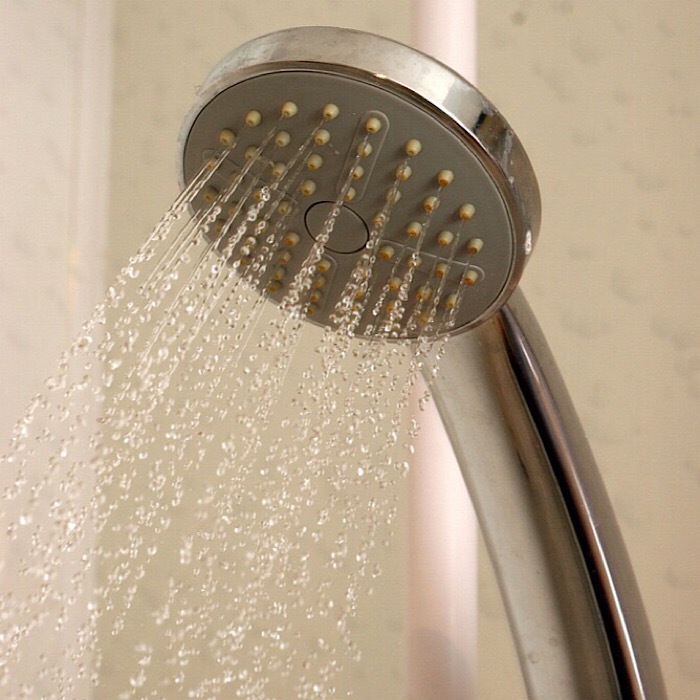Hard water, or water that contains calcium, magnesium, and trace minerals such as iron and silica is more common than you might think. In fact, it is estimated that 85% of all U.S. households have it. If you are suffering from hair loss, you may wonder if hard water is to blame. Unfortunately, while there are many videos on hard water hair loss, as well as ones discussing dry skin and hair damage like this one, the peer-reviewed research on this topic is sparse at best, and conflicting at worse.
![D58B96B5-9C68-4636-8ABD-B9EA572322C1]
Conflicting research
Much of the research centers around whether or not hard water contributes to loss of tensile strength and elasticity of hair, but those studies tend to lack information about the hairs that were tested (their texture, porosity, condition, and thickness”>. For example, the International Journal of Trichology published this study entitled “Effects of Hard Water on Hair” which concluded that hard water did not have an effect on the tensile strength or elasticity of hair. However, the study, with only 15 female volunteers within a five-year age span (ages 20-25″>, was not a large-scale one. In the same journal, the study “To Evaluate and Compare Changes in Baseline Strength of Hairs after Treating them with Deionized Water and Hard Water and its Role in Hair Breakage” concluded that “…there is a significant decrease in strength of hair when baseline strength of hair was compared with strength of hair treated with hard water as compared to strength of hair with deionized water. This also gives us an idea that the use of hard water may result in an increase in hair breakage as well.” The test subjects were male, ages 20-30 years old, and from Peshwar, Pakistan, an area with water of medium hardness. However, would water that was slightly softer or much harder impact the results? Also, why did the two studies with subjects around the same ages yield different results?
Ingested vs. topical hard water
To further complicate this discussion, some of the minerals found in hard water are used as remedies for hair loss due to scalp calcification from hard water. Overall, there are a few consistent hard water truths that you should be aware of, which can be either positive or negative.
When ingested, unfiltered hard water can be beneficial as it can increase your dietary levels of calcium, magnesium, iron, and silica which are important for overall health. Additionally:
- Calcium is needed for many critical hormonal processes throughout the body, and for strong teeth and bones.
- Magnesium is helpful for heart health and muscle relaxation.
- Silica is included in many hair supplements for its ability to strengthen hair.
- Low iron stores are implicated in a form of temporary hair loss called Telogen Effluvium.
Shampooing with hard water, however, can be problematic as hard water:
- reacts with surfactants in cleansing products to form a film that clings to the hair and scalp.
- can worsen scalp conditions as the minerals can leech into the skin and aggravate eczema, psoriasis, and seborrheic dermatitis. Exacerbation of skin conditions could potentially lead to hair loss.
- can lead to more brittle hair that is prone to tangles and breakage
- makes it more difficult to remove product build up which then leads to dry, frizzy hair and an irritated scalp
- can lead to overuse of harsh, drying shampoos that damage hair
- can cause a vicious cycle of itching, scratching, and abrasions to the skin
Are you struggling with hard water hair loss? Let us know in the comments. For more on this topic, click here.

